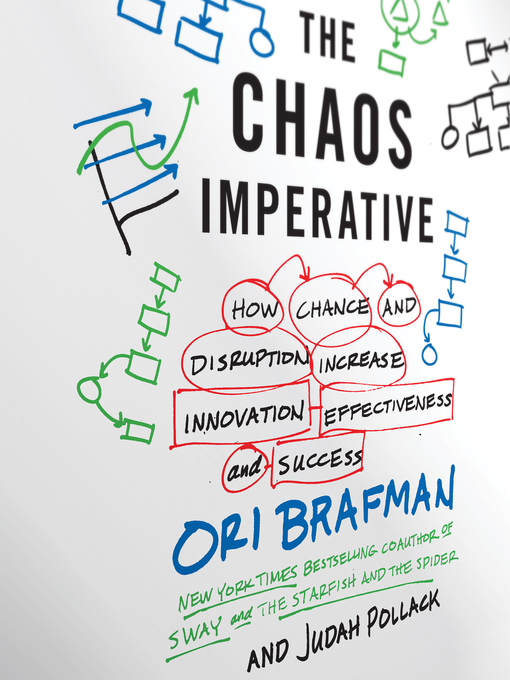- Cook Up Something Cozy
- Just Added
- New kids additions
- Try Something New
- Read with Me
- #trending
- #teenbooktok
- Let's Get Cooking!
- Available now
- True Crime Reads
- Wham! Bam! Pow!
- New teen additions
- Bake me a cake!
- See all ebooks collections
- Listen to a great title for Women's History Month!
- Audie Award Finalists for 2023!
- Not too short, not too long
- Read by a Celeb
- New audiobook additions
- Make 'Em Laugh
- Available now
- If you liked A Court of Thorns and Roses . . .
- #booktokaudio
- #teenbooktokaudio
- Short audiobooks for young listeners
- True Crime Audiobooks
- New kids additions
- See all audiobooks collections
- Health and Wellness
- All Digital Magazines
- Let's Get Cooking!
- Travel the World
- Vroom!
- Artist's Eye
- Let's Get Crafty!
- New Magazines
- News and Politics
- Celebrity Magazines
- See all magazines collections


